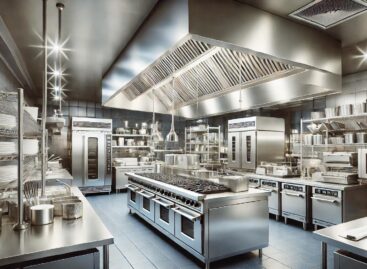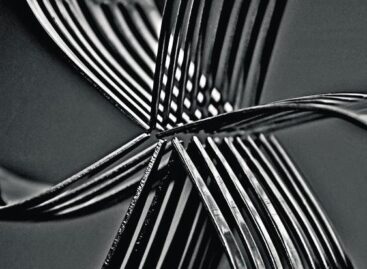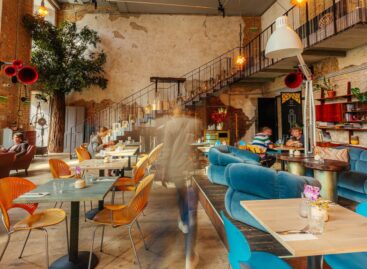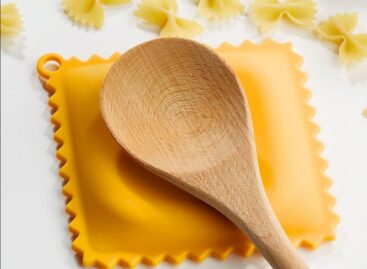Magazine: Whatever fits in!
In the last few years the world of commercial catering equipment underwent great technological development. More and more bar and restaurant owners find it important to use cooking equipment that saves energy and water. In an age when smartphones rule the world, there is a growing number of remote controlled devices and many machines feature touchscreens. The operating of the new high-performance devices increases the temperature in kitchens. Equipment is more reliable, but at the same time more complicated too. Many Hungarian catering businesses still suffer from a lack of funds, so their buying decisions are price-sensitive in this segment. What do the owners of commercial catering equipment suppliers think about the current situation in the Hungarian market?

Ákos Bősze
HoReCa target group
manager
Metro
According to Ákos Bősze, HoReCa target group manager of METRO, today’s modern commercial catering equipment is tailored to the needs of users; while in the past standard equipment was available in the market, now catering businesses can find the same device and technology in various shapes and sizes. The machines are ready for digital communication too.
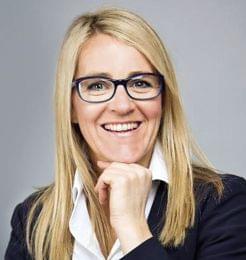
Mirjam Kertész
owner-managing
director
Coninvest
Mirjam Kertész, owner and managing director of Coninvest told us that in the recent past manufacturers had been focusing on developing products that are energy saving, but the new wave of innovation took the direction of making ergonomic kitchen equipment. Today, when the lack of workforce is a big problem, equipment must be more practical than before so that the kitchen staff can use the devices with little effort.

Sándor Gál
co-owner
Assur
Sándor Gál, co-owner of Assur revealed that it is very important for professional cooking equipment to be connectible to smartphones, remote control systems, wi-fi networks and the cloud; plus they need to be programmable too. Manufacturers are also making efforts to come out with environmental products.

Péter Disztós
owner
Passion Trade
Péter Disztós, the owner of Passion Trade is of the opinion that no major breakthrough occurred in the field of commercial catering equipment in recent years: the innovations introduced 10-15 years have only been updated. He also mentioned the problem of the workforce shortage, to which the solution can be using technology that can be operated by a small kitchen staff.

Angelika Kápolnási
sales manager
Culina Systems
Angelika Kápolnási, sales manager of Culina Systems stressed: the professional cooking equipment made today is smaller and more economical than it was 5 years ago, and the machines feature much more electronics. Thanks to this they can be used faster and more simply.
Mr Gál reckons that cooking equipment is used much longer in Hungarian kitchens than abroad. When buying new equipment, bar and restaurant owners rely on both professional experience and the expertise of supplier partners; however, they also take into consideration the general opinion of the trade about certain manufacturers. Mr Disztós thinks that it is key whether the investors who are opening new bars and restaurants are getting professional help in choosing the right kitchen equipment. Selecting catering equipment badly results in extra operating costs. Ms Kertész was shocked to see that many high-prestige and high-turnover restaurants still make do with rather poof commercial catering equipment when fitting the kitchen. The only good news is that when the owners go abroad and see kitchens there, they come home and say: We want the best. This is when they find her company. Ms Kápolnási’s experience is that price is still the most important decision-making factor when buying commercial cooking equipment. Despite this Hungary is slowly but steadily reaching the level of the Western European average in this respect. Mr Bősze think: the solution lies in customer management. The kitchen equipment specialists of his company can offer great help to buyers, plus they also provide special payment schemes, so that partners can really buy equipment that does the job.
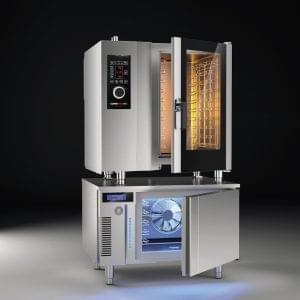
What about maintenance and repair? Mr Bősze believes in the importance of preventive maintenance, and this is a service already provided by METRO to the buyers of large-sized kitchen equipment. Mr Gál underlined that in Hungary only large hotel chains and a few ‘independent’ hotels and restaurants follow a classic maintenance policy, the rest only contact repair services when a device breaks down. Ms Kertész revealed that they sign a maintenance contract with more and more partners. Every 3 or 6 months they do maintenance work that keeps the machines reliable. Mr Disztós talked to us about modern repair work, explaining how error codes can speed up the process, together with the storing of HACCP and maintenance data. Ms Kápolnási agreed that error codes make repair work faster; she also talked to our magazine about another typical modern servicing task: programming.
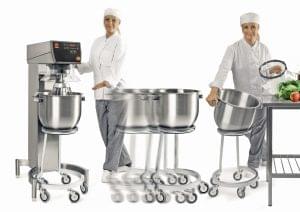
Related news
Related news
Hospitality program launched for hospitality workers
🎧 Hallgasd a cikket: Lejátszás Szünet Folytatás Leállítás Nyelv: Auto…
Read more >Szallas.hu: Budapest, Hajdúszoboszló and Eger are the favorites of domestic travelers in spring
🎧 Hallgasd a cikket: Lejátszás Szünet Folytatás Leállítás Nyelv: Auto…
Read more >



